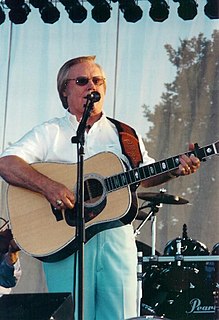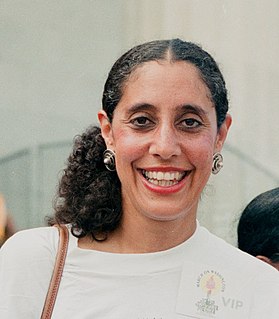A Quote by Vladimir Lenin
One fool can ask more questions in a minute than 12 wise men can answer in an hour.
Related Quotes
... No photograph ever was good, yet, of anybody - hunger and thirst and utter wretchedness overtake the outlaw who invented it! It transforms into desperadoes the weakest of men; depicts sinless innocence upon the pictured faces of ruffians; gives the wise man the stupid leer of a fool, and the fool an expression of more than earthly wisdom.









































